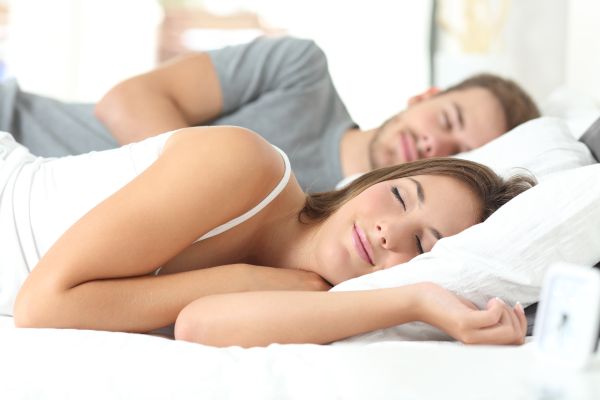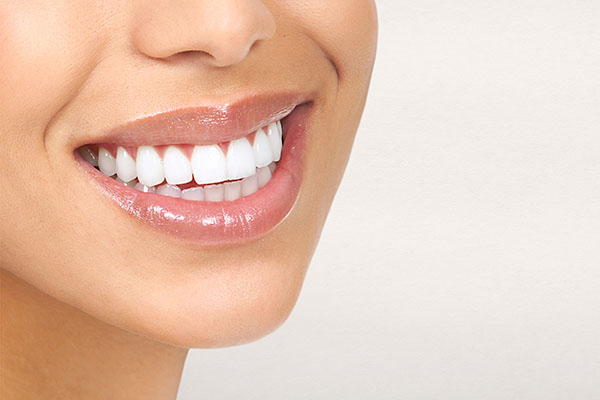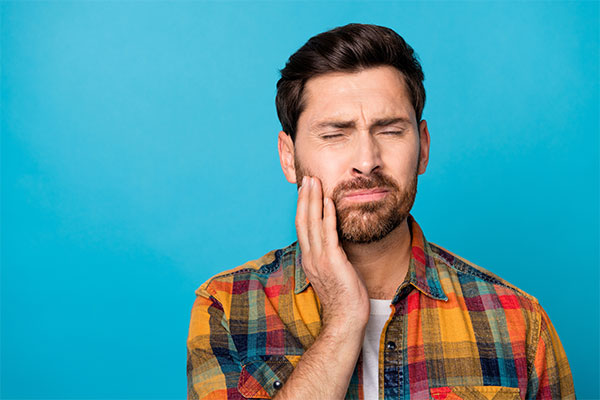Sleep Apnea — Stop Snoring and Improve Sleep Quality

When is the last time you slept through the night?
Obstructive sleep apnea can be a real nightmare. People who suffer from sleep apnea can stop breathing for 10 seconds at a time because their upper airways get obstructed by soft tissue at the back of their mouth. Once the body realizes that its oxygen levels are low, it wakes itself up, interrupting the person's sleep.
What are the signs of sleep apnea?
It is impossible for a person to monitor themselves as they sleep. The only way to detect sleep apnea is to observe its effects. Sleep apnea causes a person to wake all through the night, and the effects can be felt during the day.
A person who suffers from sleep apnea will:
- Wake up with a dry mouth
- Feel drowsy and tired during the day
- Have a short attention span
- Be irritable
The best way to diagnose sleep apnea is to have the patient observed while sleeping. Someone who suffers from sleep apnea will likely:
- Snore loudly
- Stop breathing and then gasp for air shortly after
- Be unable to sleep peacefully for extended periods of time
What are the causes of sleep apnea?
1. The most common cause of the disorder is excess weight.
2. Sleep apnea may also be hereditary. For example, a person who inherits a narrow throat is more likely to suffer from sleep apnea.
3. Conditions that cause blockage of the airway can also trigger obstructive sleep apnea. Allergies, a deviated septum and smoking can all cause sleep apnea.
4. Sleep apnea becomes more likely and common with age. In women, the sleep disorder may begin to happen with the onset of menopause. For men, the chances of suffering from sleep apnea also increase with age.
5. Compared to women, men are more likely to suffer from sleep apnea.
6. People with extra-thick necks are more likely to suffer from the disorder than people with regular-sized necks.
Complications caused by sleep apnea
Loss of sleep is the most direct effect of this sleep disorder. Insufficient sleep weakens the body and causes health complications. The most common complications of sleep apnea are heart disease, hypertension and psychological issues.
Daytime drowsiness caused by sleep apnea can also contribute to accidents in the workplace and on the road.
Treatment and management
There are three approaches used to deal with the sleep disorder. The first is to make lifestyle changes that remove preventable causes of sleep apnea. Lifestyle changes like quitting smoking and losing weight help open up the airway.
The second approach is surgical intervention like in the case of a deviated septum or enlarged tonsils. The third approach is management. There are several treatments that help keep the airway open during sleep:
1. Continuous positive airway pressure (CPAP) therapy pushes a stream of air through a mask and into the patient's airway. The constant stream of air keeps the airway open through the night.
2. Oral appliances like mandibular repositioning devices (MRD) are used to position the jaw forward, creating more space at the back of the mouth. More space means an unobstructed airway, which means no more sleep apnea.
Do not suffer in silence
If you are always tired and your significant other is constantly complaining about your snoring, it may be a good idea to see a doctor or sleep therapist. If you are diagnosed with sleep apnea, your doctor may recommend an oral appliance to help you sleep. For a comfortable oral appliance, schedule a visit with your dentist and get fitted as soon as possible.
Let's get started …
Go to https://www.gablesexceptionaldentistry.com for more information about treating sleep apnea or call Gables Exceptional Dentistry at (305) 203-4132.
Recent Posts
Sleep apnea is a potentially serious condition in which your breathing starts and stops repeatedly during sleep. It is fairly common and fortunately, it is also treatable. If you think you are dealing with sleep apnea, it is important to obtain a diagnosis and get treatment so you can avoid severe side effects of the…
You do not need to struggle with sleep apnea. Call us to schedule an appointment for treatment.If you or a loved one struggles with snoring while asleep, you might be surprised to know that dental treatment can help. While people may snore from time to time, loud, excessive snoring can be the sign of a…
You may not have visited a sleep dentist before, but if snoring is keeping you or your partner up at night, it may be time to consult a professional about some options. An experienced dentist who specializes in oral appliance therapy to deal with sleep disorders can help. You should not have to lose valuable…
Sleep apnea can be a potentially serious disorder that has a variety of treatment methods. One of the most common is that of tonsil removal. However, the tonsils should only be removed in certain situations. Find out more in this article as we go over tonsil removal to treat sleep apnea. There are a few…



